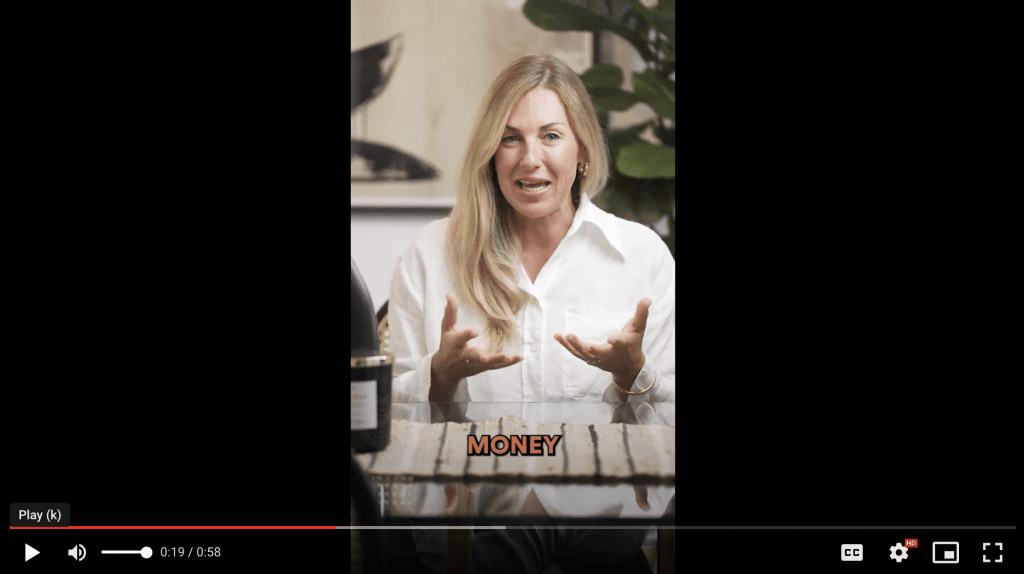It’s no secret, buying a house in Toronto or anywhere in the GTA is getting pretty expensive. This year, the average selling price of a home in the city stands at around $832,703 and according to trends, those numbers aren’t getting lower anytime soon. According to a recent report, the average cost of a detached home in Toronto could reach as high as $3.5 million by 2026 and frankly it’s a large area of concern for many people who believe Toronto is lacking in affordable housing options. Just to put it into perspective, with the market rate as high as it is now, only 1 in 5 families in the city can afford to buy a home in Toronto — that’s less than a quarter.
Because of that, potential homebuyers are looking at more creative ways to fulfill their homeowning dreams and helping many people fulfill that dream is co-buying. It’s an option that’s being considered by many and great alternative to buying a property on your own. What is it exactly and is it an option that can work for you? Let’s find out:
What is co-buying?
Just like its name suggests, co-buying is when you decide to purchase a home with someone else, opposed to doing it solo. People usually buy in with another person or couple who are typically among their family or friends. Co-buying isn’t a new concept, but certainly growing in popularity especially amongst millennials who are having a harder time buying properties on their own. According to reports, about one third of Canadians would consider co-buying, with almost half of millennials being open to buying with their family or friends.
And it makes sense. It can be hard to afford a nice home on your own, but pooling your resources with others and it can open up your options significantly.
The Pros and Cons Of Co-Buying
While co-buying is a great alternative to buying and owning a home, there are many pros and cons that go along with it that buyers need to consider before heading into that agreement. Here are some things you need to keep in mind if you’re interested in co-buying:
The Pros:
- Split Costs – the burden of having to pay for all the expenses of your home is split amongst all owners, making it much more affordable than doing it on your own.
- You’re Homeowners! – something that you thought might actually take years to achieve is something you could have right now if you find the right co-buyers to sign off on a home with you.
The Cons
- You’re All On The Hook – once you enter in the agreement, you’re all on the hook to pay for your mortgage payments. Even if one of the co-buyers can’t fulfill their portion of the monthly mortgage bill, the responsibility will have to fall on the rest to make sure they make that payment on time.
- You Don’t Own The Entire Home – owning 40-50% of your home may not have been something you dreamed for yourself but hey, it’s something! Instead of having a full two floors to yourself, you might only have one which may be an adjustment at first but for many looking in this market, it’s better than nothing.

Write-Up A Contract
They say talk is cheap and buying a home is serious business. No matter who you enter a co-buying situation with, no matter how long you’ve known each other and trust one other — be sure to write up a contract. This way, everything is down in writing and everyone can be held accountable for their responsibilities. Trust me when I say this will save you a lot of frustration and potential misinterpretation down the road.
Here are some things you’ll want to include in that agreement:
- Who Owns What – will the house be split 50/50 by the co-buyers or will it be another division like 60/40 split. Clear specify these details in your contract before closing a deal.
- Ongoing Expenses – how will you pay ongoing expenses such as mortgage payments, home insurance, repairs, property taxes and utilities? Will you divide it the same way you’re dividing the house? Whatever agreement you come to with your co-buyers, make sure you list who is covering which expenses.
- Length Of Co-Ownership – Homeowners who co-buy typically include a provision that outlines that co-owners can’t sell within a specified time period. This can give all co-owners peace of mind that none of the owners will sell their part of the home on a whim, which could greatly inconvenience the other parties.
- Termination – In the case that one co-owner wants to move out, what happens to the other remaining co-owner(s)? Technically a co-owner can sell their half of the house on their own, so be sure to add a provision that gives the remaining co-owner the right of first refusal to purchase that part of the property first before putting it up on the market. For this to occur, all parties need to fairly assess the value of that part of the property which can lead to more complicated questions like: What happens if the remaining co-owner can’t afford that part of the home? Does the co-owner that’s selling have to accept the buyout offer if they know they could get a better deal? Things can get tricky so be sure to consult with a lawyer who can come up with viable options that benefit both parties when writing up this part of the contract.
Case Study: Upstairs, Downstairs
Going into a co-buying situation isn’t for everyone, but when it works, it works beautifully. Former clients of mine were actually featured in Toronto Life not too long ago for their unique living situation. Jozo and Laurie and Natalia and Nick couldn’t afford much on their own, but when these couples decided to pool together, they were able to afford more housing options in the city.
Together the couples were able to afford a $1.5 million dollar home in the Annex, where they each took ownership of different levels of the space. To make the arrangement work, they built in another wall and added a second entrance to the unit.
Their agreement is all set and stone in a contract that locks both couples into a co-ownership agreement for three years before anyone can sell. If either couple decides to leave, the remaining couple has the ability to buyout first before the other can consider other offers. While it’s not a forever home for either couple, it’s an arrangement that works conveniently for both of them right now.
The Takeaway
My best advice? If you’re looking to co-buy, make sure you team up with family or friends that have similar homeownership goals as you. Once you’ve agreed on a place, the next crucial step is getting everything down on a contract to save you major headaches down the road. When it’s done right, co-buying is a great alternative path to becoming a homeowner. Just make sure to do your homework first before jumping in on a whim!



